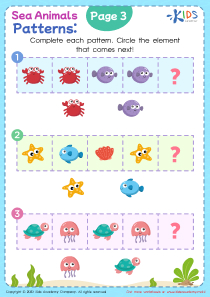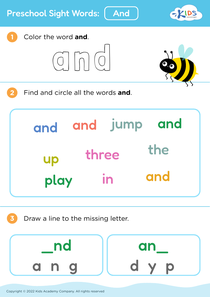Historical Knowledge Preschool Worksheets
5 filtered results
-
From - To
Our "Historical Knowledge Preschool Worksheets" immerse young learners in fascinating past events, shaping their understanding and appreciation of history. Designed for preschoolers, these engaging worksheets feature age-appropriate activities on notable historical figures, significant milestones, and cultural heritage. Through playful coloring sheets, matching games, and simple puzzles, children develop critical thinking skills, vocabulary, and historical awareness. Each worksheet is crafted by expert educators, ensuring both educational value and captivating experience. Perfect for at-home learning or classroom supplementation, our printable worksheets ignite curiosity and set the foundation for a lifelong interest in history. Browse today and start the learning journey!
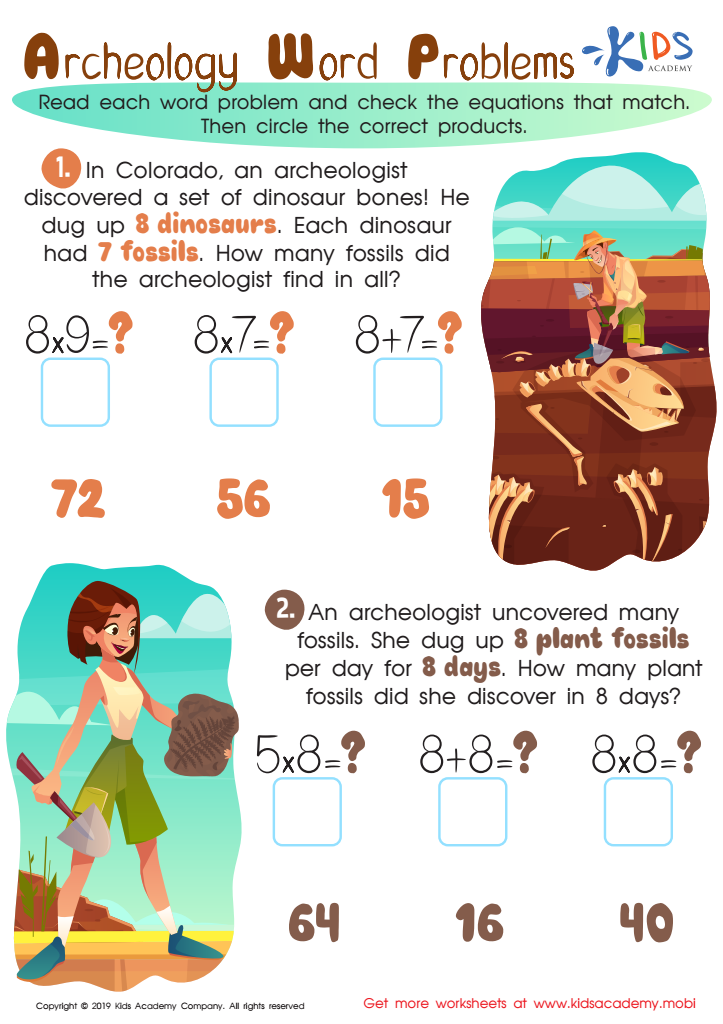

Archeology Word Problems Worksheet
Parents and teachers should care about Historical Knowledge in preschool because early education lays the groundwork for a child's understanding of the world. Historical knowledge fosters a sense of time, sequence, and context, which are critical for cognitive development. By introducing young children to stories of the past, we help them understand differences and similarities between cultures and eras, promoting empathy and cultural awareness.
Additionally, understanding history enriches language skills. Discussing events from long ago enhances vocabulary and comprehension, while encouraging curiosity and questions. This foundational knowledge also ignites critical thinking skills. Children start to ask "why" and "how," and learn to make connections between past and present, aiding problem-solving abilities.
Importantly, historical knowledge builds a sense of identity and community. Learning about historical figures and events can inspire pride in one’s heritage and respect for others’ contributions. Early exposure to historical concepts emphasizes the importance of values like justice, fairness, and perseverance.
Furthermore, incorporating history into preschool education aligns with state and national educational standards, ensuring children are prepared for future academic milestones. Ultimately, nurturing historical understanding from a young age equips children with the essential tools needed for becoming informed, thoughtful, and active members of society.

 Assign to My Students
Assign to My Students

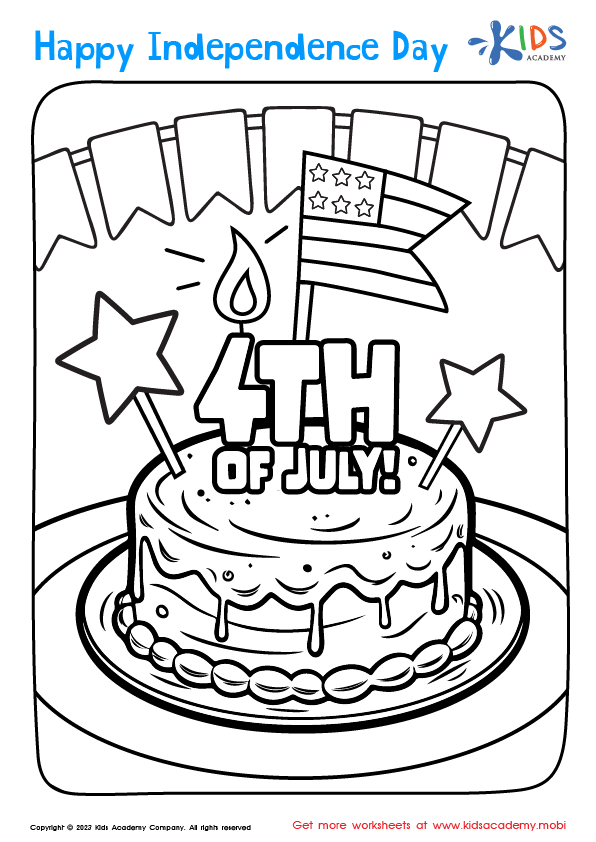
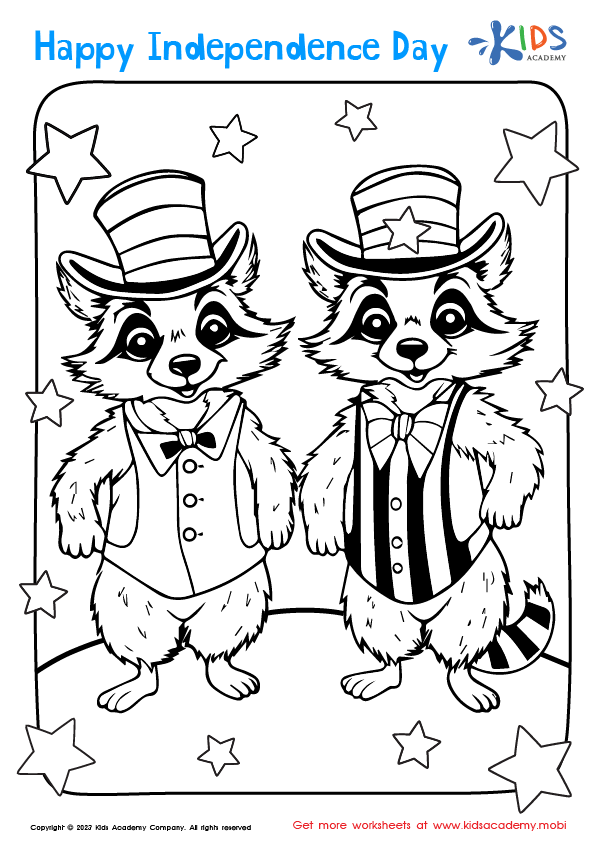
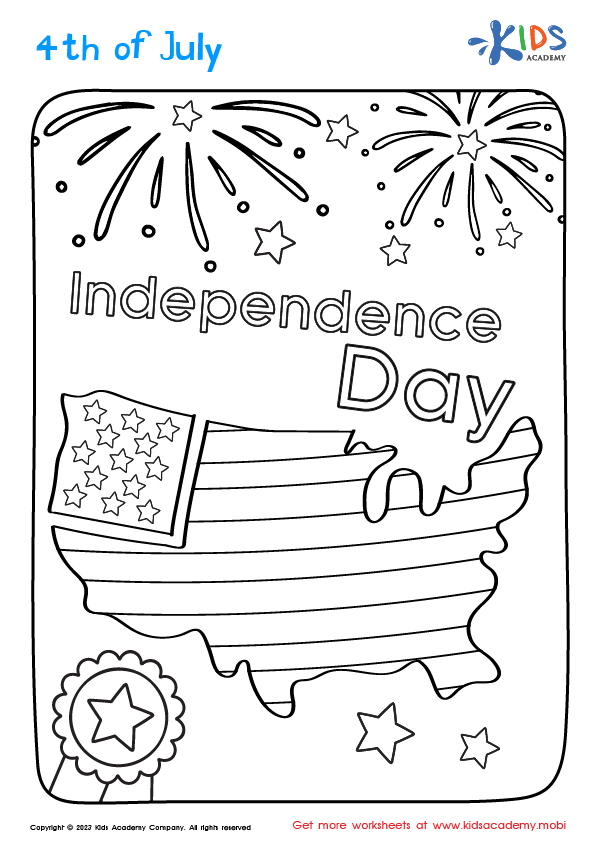
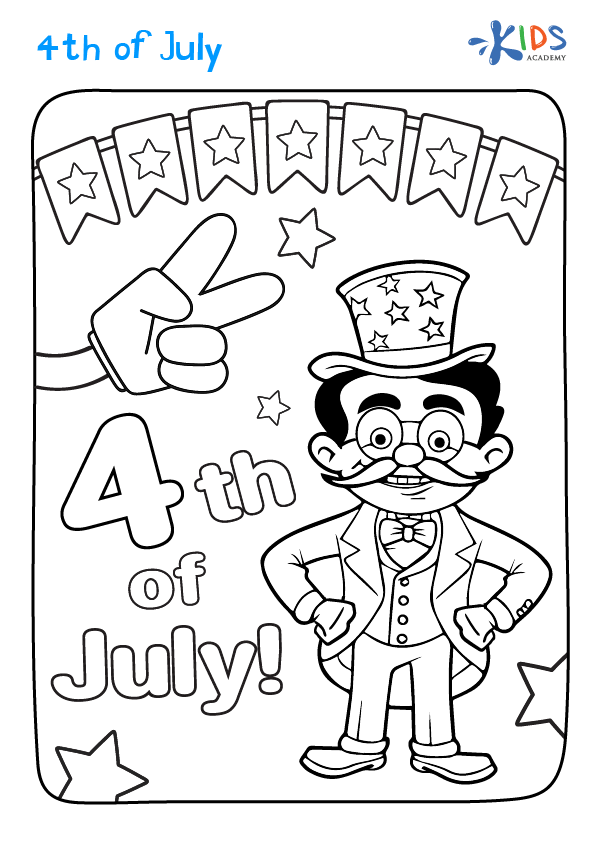







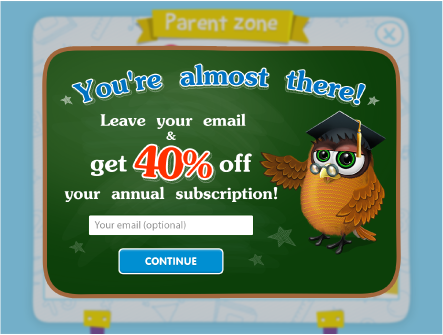
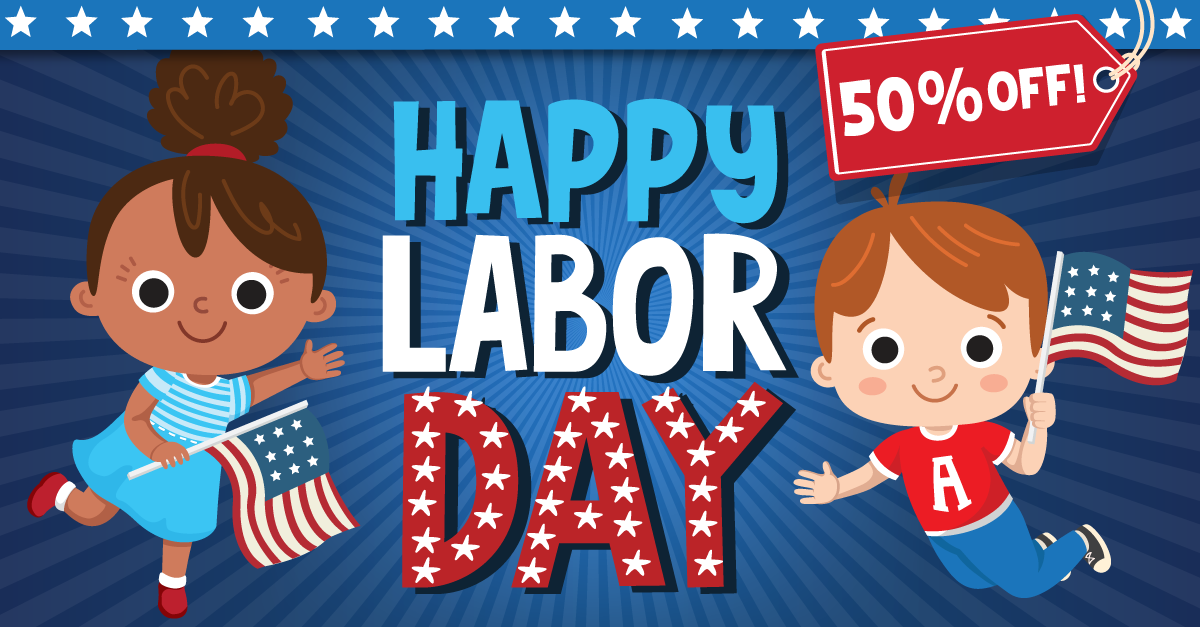
.jpg)

